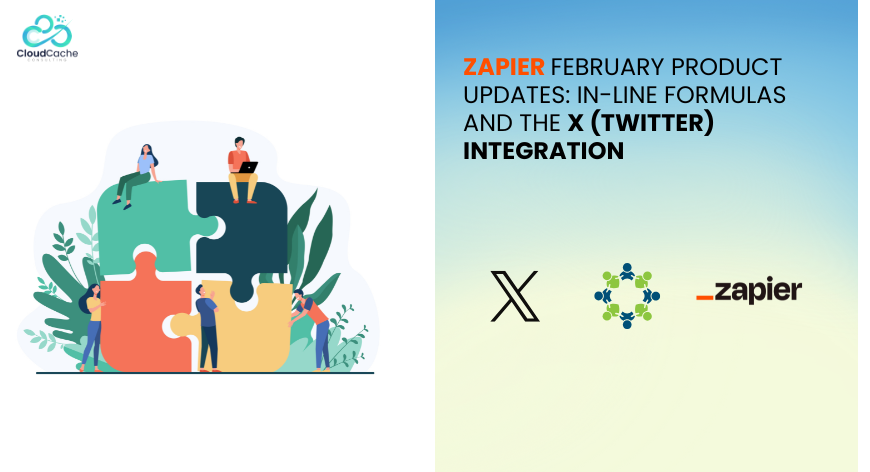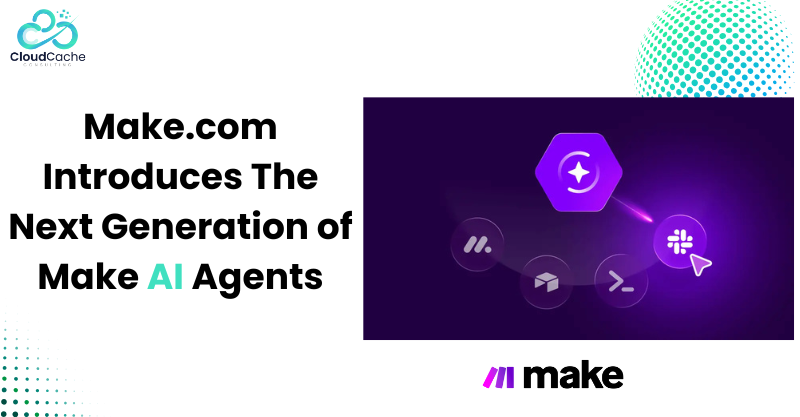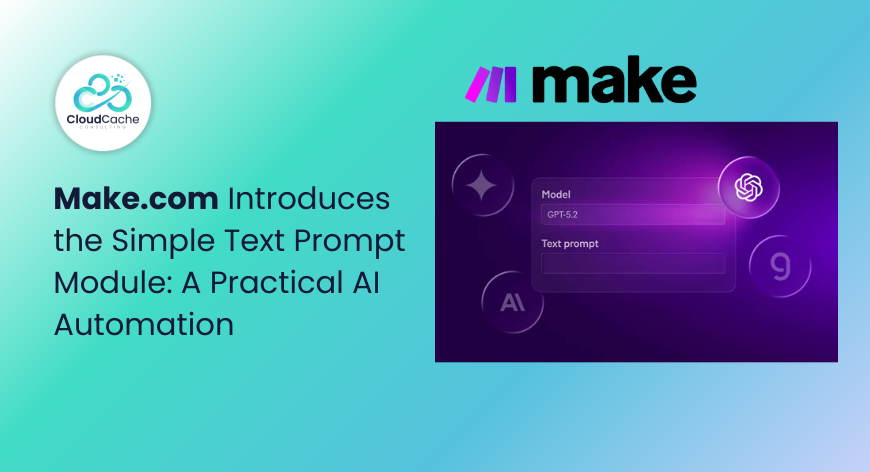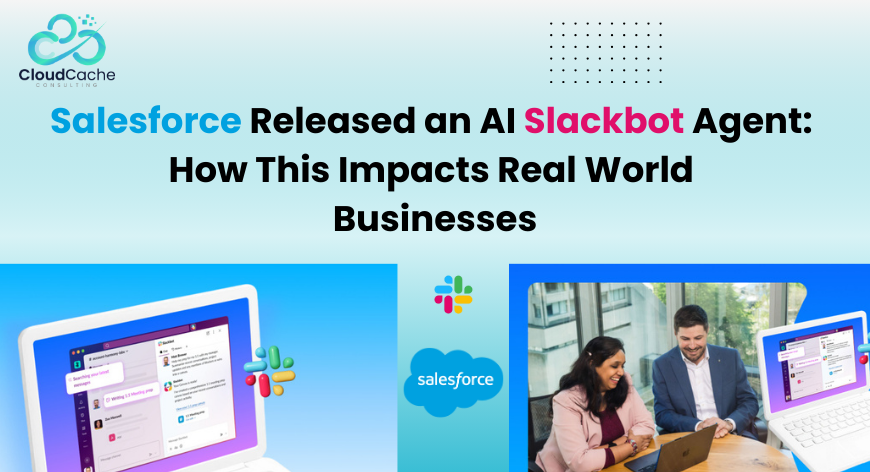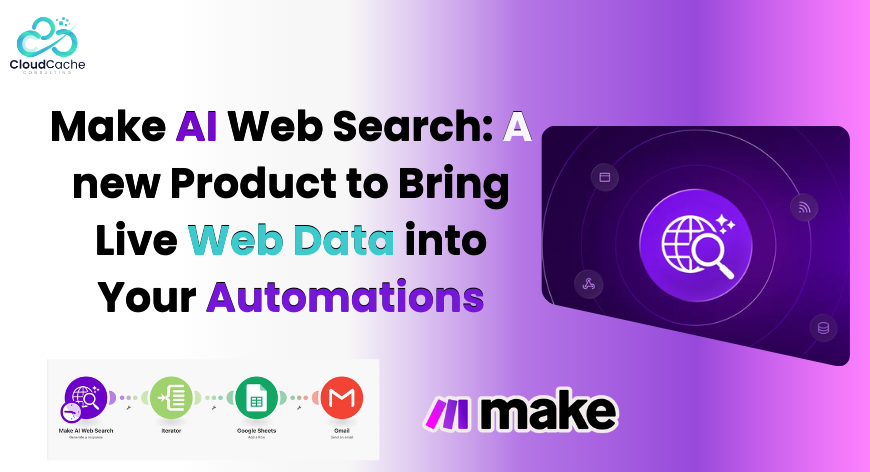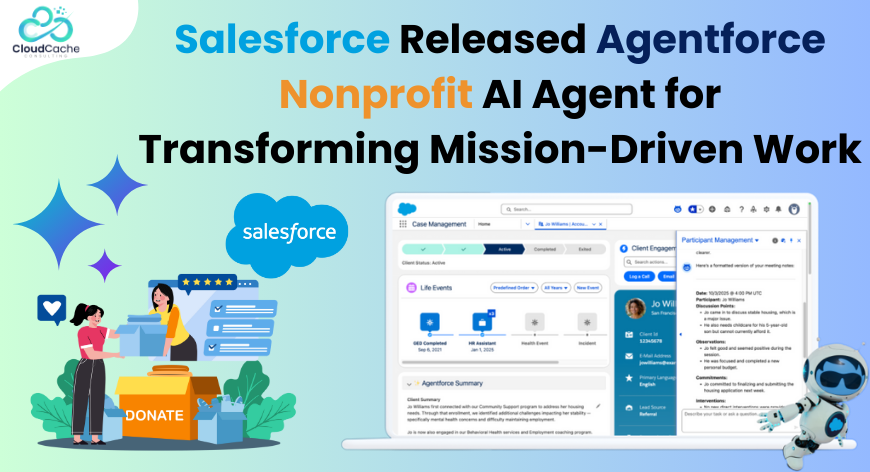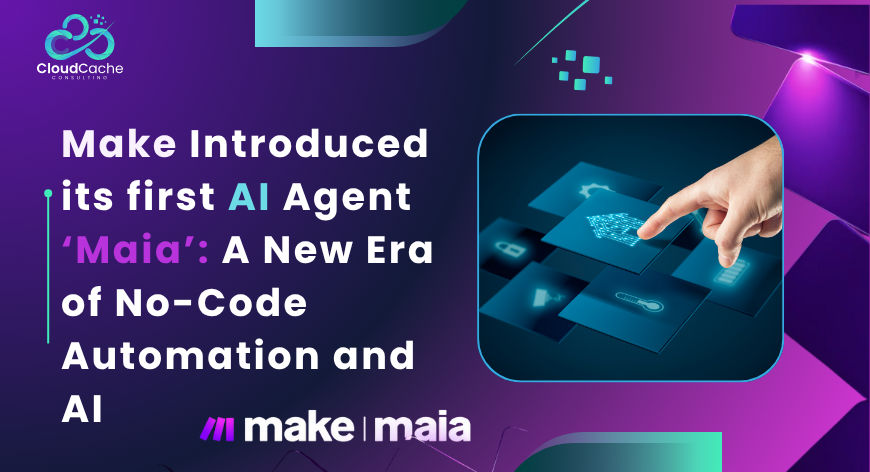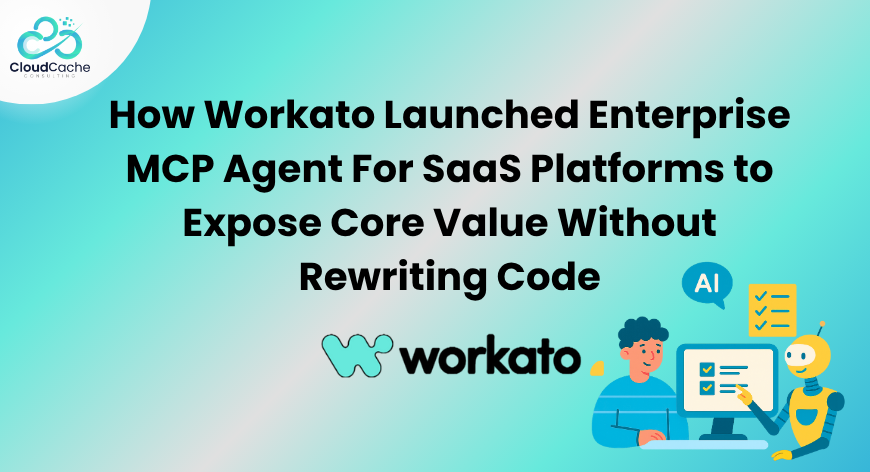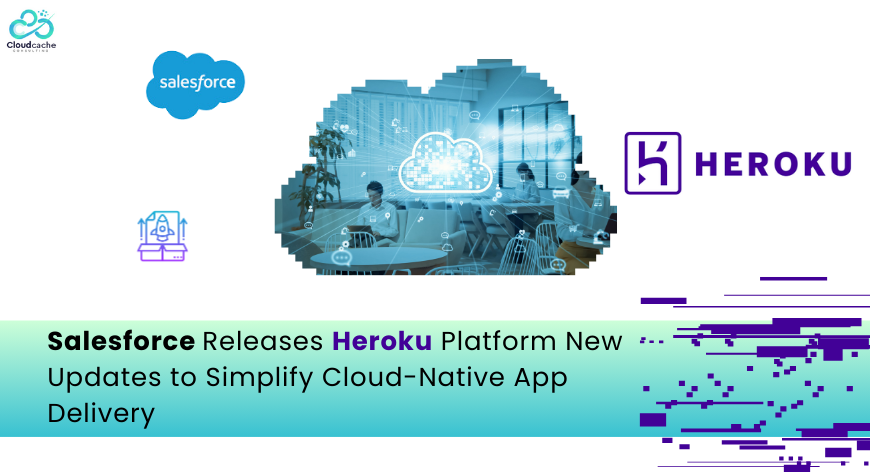
Salesforce Releases Heroku Platform New Updates to Simplify Cloud-Native App Delivery
Salesforce has introduced groundbreaking updates to Heroku, its platform-as-a-service (PaaS) offering, designed to streamline the creation, deployment, and scaling of modern cloud applications. These enhancements aim to boost developer productivity, improve platform performance, and ensure seamless adoption of open-source standards, making it easier for teams to innovate at scale while reducing operational complexities.
Key Features of the New Heroku Platform
The latest Heroku updates focus on:
- Expanded Programming Language Support: Developers can now build with .NET, in addition to popular programming languages like Node.js, Java, Python, Go, Ruby, PHP, Scala, and Clojure. This expansion allows Heroku to cater to a broader range of development needs and teams.
- Simplified AI Application Development: The platform now offers managed AI inference with tools such as Amazon Bedrock, making it easier for developers to integrate AI and foundational models into their applications without extensive overhead.
- Enhanced DevOps Tools and Performance: By integrating top-tier AWS services like Elastic Kubernetes Service (EKS), Elastic Container Registry (ECR), AWS Global Accelerator, and AWS Graviton, Heroku enhances platform performance, resilience, and scalability.
- Adherence to Open-Source Standards: By conforming to Kubernetes, Open Container Initiative (OCI), and OpenTelemetry standards, Heroku offers improved security, performance, and flexibility while supporting a cloud-native strategy.
Growing Challenges in Software Delivery
In today’s highly volatile digital environment, businesses face mounting pressure to:
- Quickly adapt to customer demands.
- Create new digital revenue streams.
- Optimize internal processes for greater efficiency.
Tech teams must manage these demands while navigating a complex landscape of cloud-native technologies, infrastructure, and developer tools. Adding to the challenge is the need to adopt AI capabilities while ensuring productivity in software development.
Industry Statistics Highlight the Challenges:
- Kubernetes Adoption: 84% of organizations already use or consider Kubernetes for their platform infrastructure. However, scaling Kubernetes adoption requires selecting and integrating technologies from a complex ecosystem. (Source: CNCF 2023 survey)
- Cloud-Native Adoption Barriers: 46% of organizations cite the lack of experienced talent in security, monitoring, and observability as key obstacles to cloud-native maturity.
- AI Implementation Complexity: While 84% of CIOs prioritize AI integration, only 11% have fully implemented AI capabilities due to the inherent complexity of adoption.
How Heroku is Solving These Problems
The Heroku platform tackles these challenges head-on by:
- Expanding Developer Tools: By introducing support for .NET and integrating AI tools, Heroku empowers developers with more choices and better capabilities.
- Accelerating AI Integration: Managed inference with tools like Amazon Bedrock reduces the complexity of incorporating AI into applications, enabling faster delivery of intelligent solutions.
- Simplifying DevOps Processes: Native DevOps automation and integration with AWS services ensure improved resilience, ease of use, and global performance.
- Embracing Open-Source Standards: By aligning with industry standards such as Kubernetes, OCI, and Open Telemetry, Heroku enables better security, observability, and compatibility within cloud-native ecosystems.
Salesforce’s Commitment to Innovation
With these latest updates, Heroku is redefining cloud-native and AI application development, allowing developers to build and deploy seamlessly while we handle the rest.
Availability Timeline
Salesforce has laid out a clear timeline for rolling out the new Heroku features:
- Heroku Platform Pilot: Available now, with full general availability expected in early 2025.
- Heroku AI: Currently in pilot, with general availability planned for early 2025.
- .NET Features: Available in public beta now, with general availability scheduled for January 2025.
Why Heroku Remains a Leader
Since its founding in 2007 and its acquisition by Salesforce in 2010, Heroku has established itself as a trusted platform for cloud-native applications. Its impressive track record includes:
Over 65 million apps are built using Heroku.
- Supporting more than 65 billion daily requests across applications.
- Hosting over 38 million data stores, showcasing its reliability and scalability.
- Offering a robust Heroku Elements Marketplace with over 200 ecosystem add-ons to extend functionality.
With these updates, Heroku reinforces its position as a leader in cloud-native and AI application development, offering unmatched ease of use, performance, and scalability. As businesses look to innovate faster and navigate complex technologies, Heroku simplifies the process, empowering teams to focus on delivering impactful solutions.
Stay connected with CloudCache Consulting for the latest updates on Salesforce and Heroku innovations.
